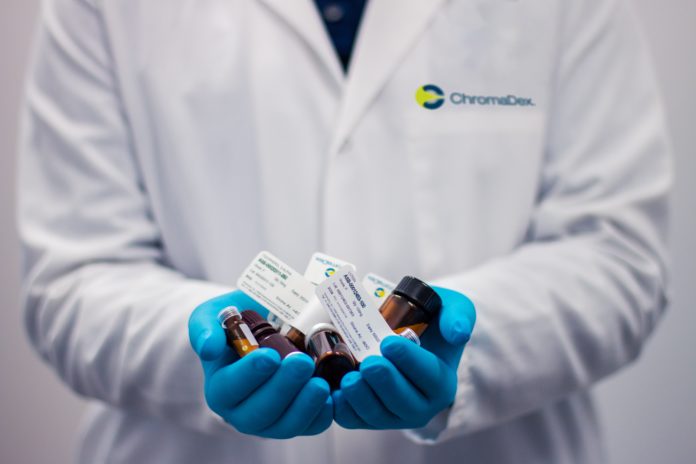From the laboratory to the patient’s bed. For the first time in the United States, the University of Pennsylvania in Philadelphia precisely, the technique of editig DNA CRISPR-Cas9 was applied to change in the laboratory the cells of the immune system of two cancer patients, one from myeloma and one from sarcoma. The same engineered cells were then reinfused into patients to help them fight the tumor. Will it work? How safe is it? It will take some time to tell and scientists have made it known that they will keep the results confidential until the official data are published.
The trial
Finally, we are: Crispr leaves the laboratory to be applied in the clinic also in the United States. The University of Pennsylvania made it known through a spokesman that the trial for the anticancer treatment started: the T lymphocytes of two patients (one with sarcoma and one with myeloma) were taken, modified in vitro with the editing technique of DNA Crispr and finally again infusions in patients.
Scientists, in particular, have used Crispr as a cutting and sewing system to eliminate T-gene lymphocytes from the PD-1 gene (often exploited by malignant cells to block the action of the immune system) and insert an engineered specific receptor for the tumor to fight. The hope is that, so enhanced, the cells are more effective in the fight against cancer (the immunotherapy that in 2018 won the Nobel Prize for medicine ).
The study will involve a total of 18 patients with multiple myeloma, melanoma and two types of sarcoma. The objective for the moment is to evaluate the safety of the treatment. Then we will think about effectiveness.
Doubts
Compared to genetic engineering techniques already used in the clinic for the treatment of different cancers, Crispr does not use viral vectors to modify the cell DNA and therefore, on paper, it is a safer, simpler and more precise instrument. However, there are still concerns about its accuracy: DNA editing errors – that is, if Crispr was wrong to remove or insert the sequences in the wrong points of the genome – could cause further problems for the patient, rather than helping him. The data will decree the sentence and the fate of Crispr in clinical practice, and it will take some time before having this information. And even if everything goes according to the most optimistic forecasts it will take years for it to become a practice.
Crispr in the world
The first country to apply Crispr-Cas9 in studies on therapies on the human being was China, but today there are ongoing or are about to start different experiments in Canada and in Europe, as well as in the United States. And also on diseases other than cancer – sickle cell disease, beta thalassemia and Leber’s congenital amaurosis (a form of genetic blindness) in pole position.
Caution
This study (and other similar ones) differs substantially from the critically tested experiments of He Jiankui, the Chinese researcher who last year announced that he had created the first genetically modified humans with Crispr. He, in fact, operated what the international scientific community considers a real hazard by intervening on human embryos, thus making the genetic modifications he decided he could possibly inherit and without worrying too much about the possible consequences, both ethical and on children’s health. In the other approved experiments, on the other hand, the action is taken on specific cell types (not on the whole individual) and following accurate research and planning to avoid, as far as possible, unforeseen circumstances.
